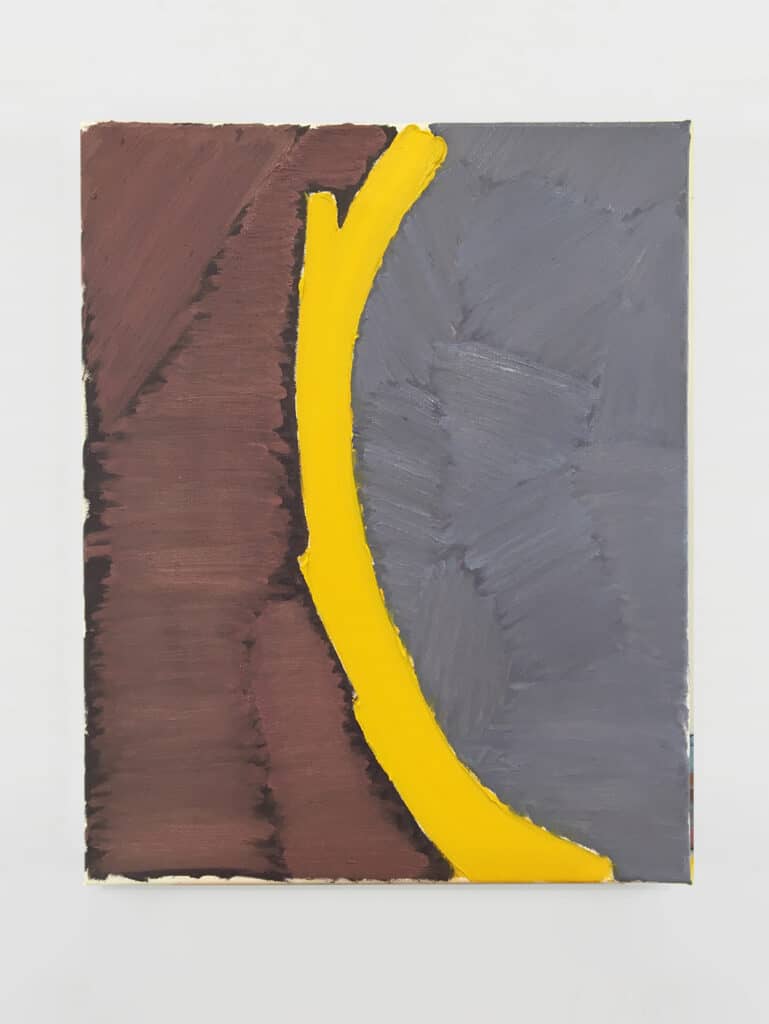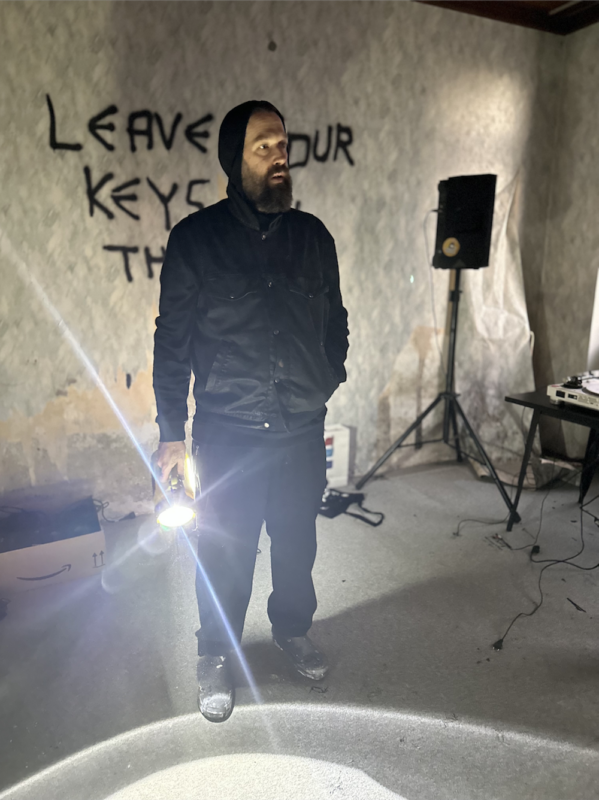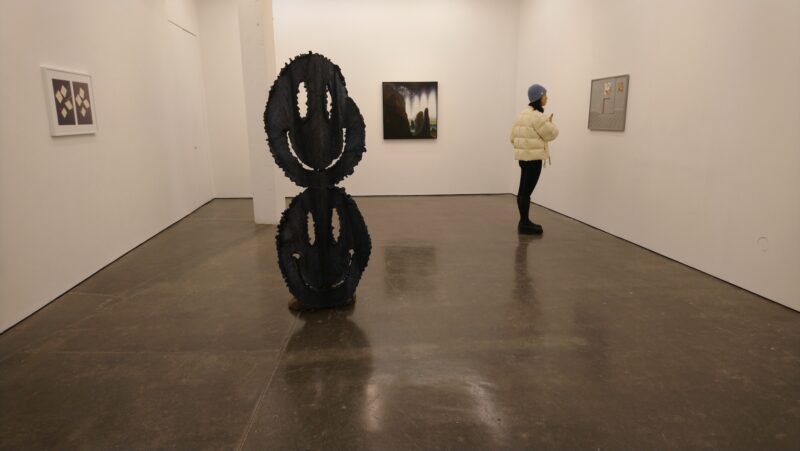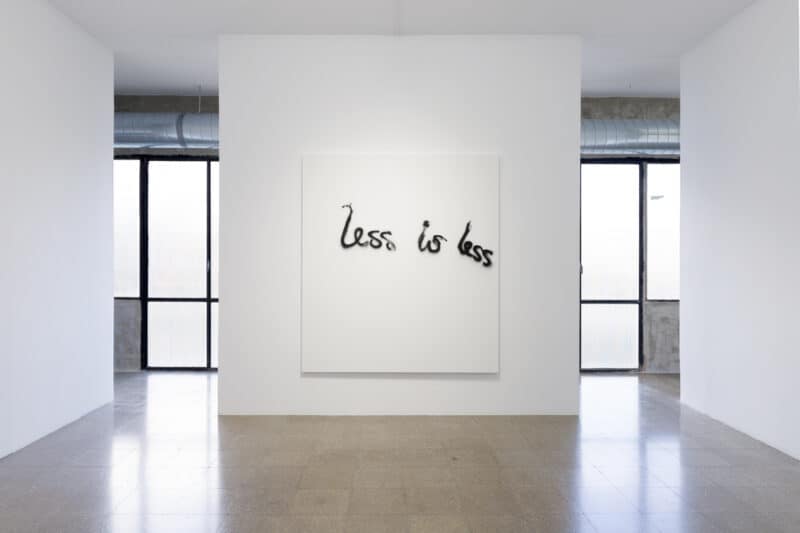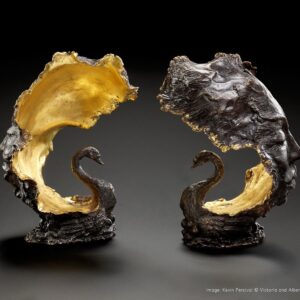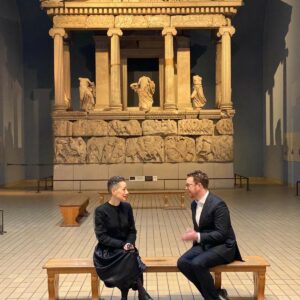
Our life seems to be full of events and incredible adventures but, once put under the right perspective, it becomes no more than a tiny segment in the straight line of history. From the moment we are born we constantly fight for our survival, then, at some point, we get distracted and we die without even noticing it. The surprising power of our minds convinces us of something entirely different. We misjudge the importance of our life compared to the history of the world, reassuring ourselves that our existences are a central part of the natural order of things.
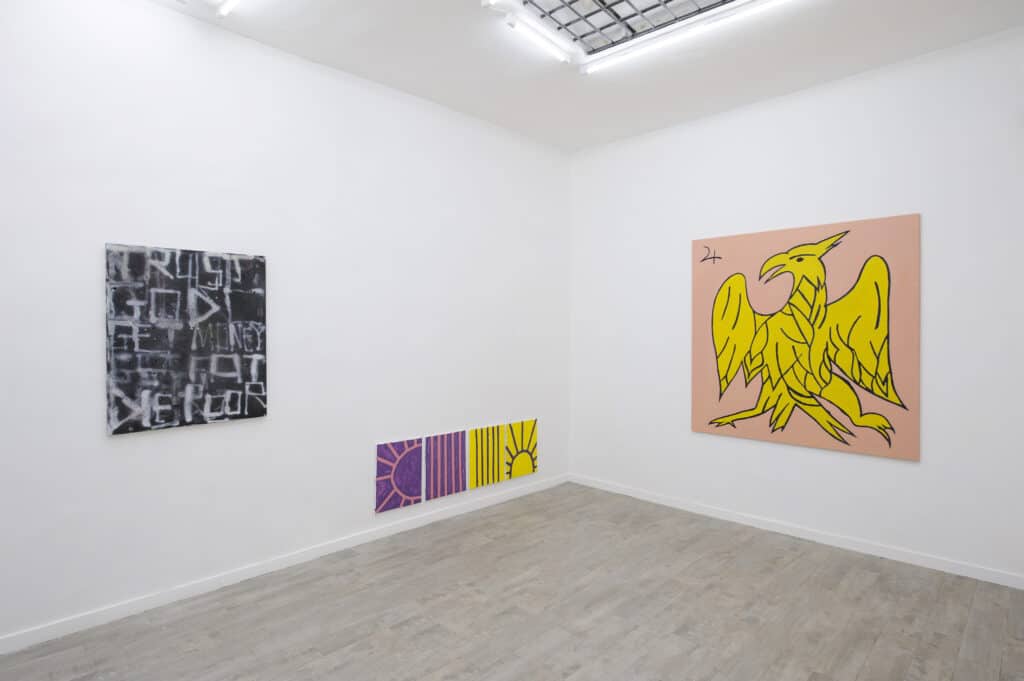
The human mind, certainly unique in the animal kingdom, has the gift of imagination. It can conceive scenarios that overcome our minor physical possibilities. Our minds are not just creating new scenarios but are actively adapting our behaviours to the new so-called realities. We start planning our lives from the moment we get the ability to think. What job, how many kids, cats and in what houses. This movie-like projection of our future is a sort of draft to follow more than an objective to pursue. It is a vision of what has to rightfully happen to us. The idea of fate springs from this imaginative delusion. It is intended like an invisible hand that pushes us away from the path we imagined. Good and bad luck are the names we give to these forces, depending on whether they lead us towards or away from our goal. Once we decided in which harbour to dock, we establish a route and we start rowing like desperate, oblivious of being lost at sea.
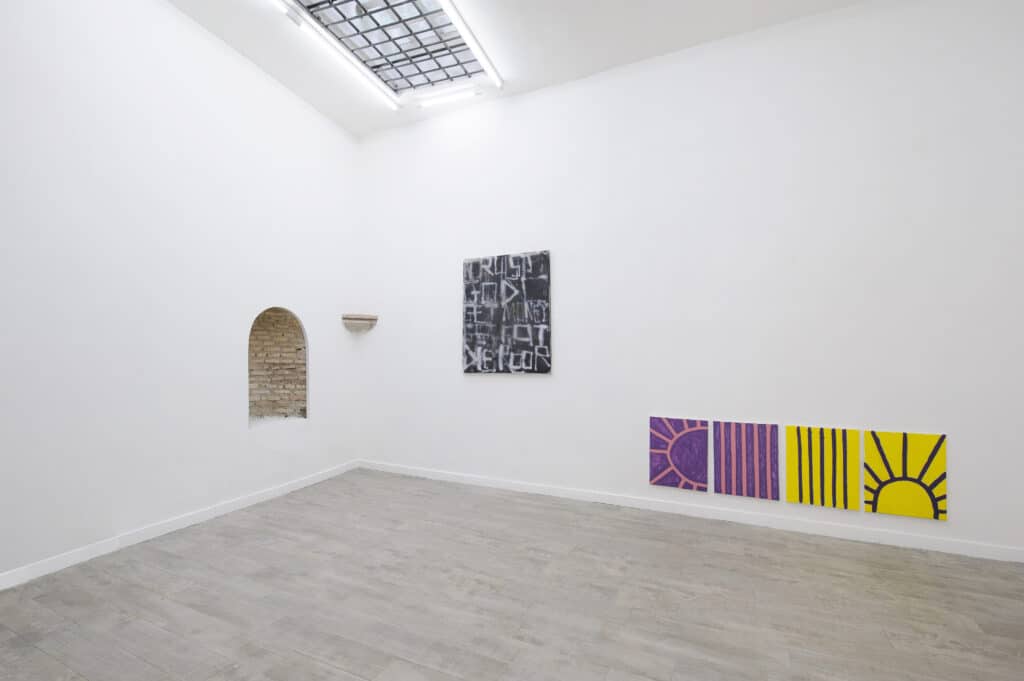
Fate is the name of our tide. It is what reminds us that, regardless of the strength of our arms or the length of the oars, our destination will be different from what we imagined. It will be because we never actually had the chance to trace our path and, mostly, because we cannot even compete with the power of the currents. Luck, bad luck, fate: all forces made up to deny our impossibility to dominate the events through our freewill. In this historical moment, the concept of destiny is especially relevant. It is the first time in the history of the recent generations that everyone got hit by the same unpredictable storm. We all feel we should be granted compensation for what happened. Everyone seems to think a gigantic injustice occurred and that, at some point, fate should be held accountable for its behaviour.
Once we would have expected some sort of divine justice to take action but today, we complain as
is if we were seniors in line at the post office. We want someone to make up for what was taken from us. We want a refund for a carousel that stopped working.
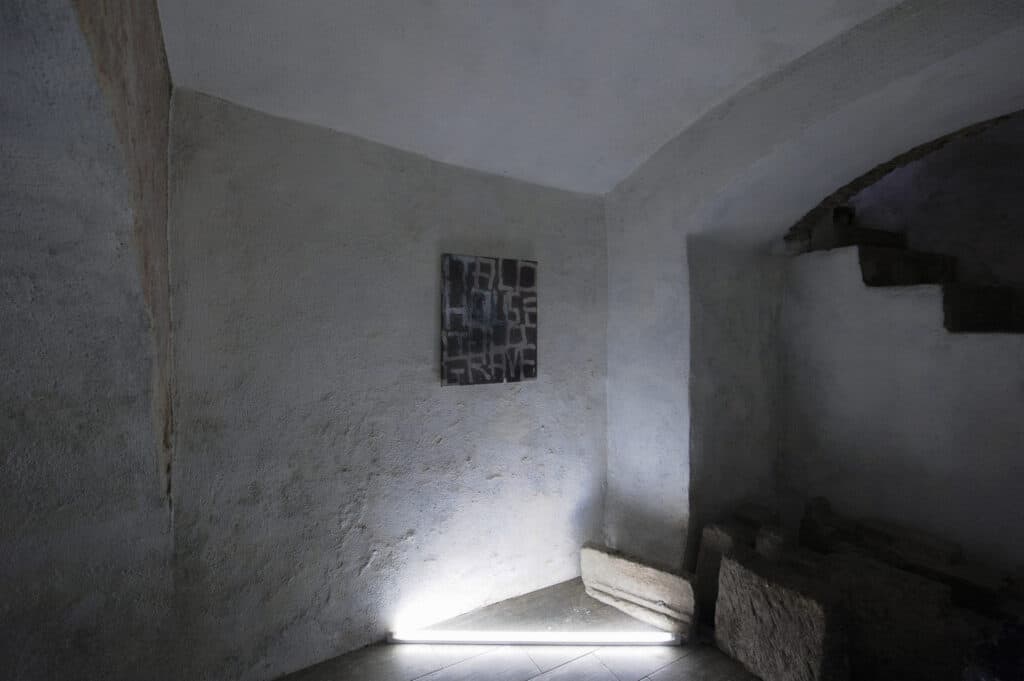
The human relationship with fate, both feral and childish, is central to the project that put together Richie Culver and David Hanes for their duo show at White Noise Gallery. One of the starting points was that, even after having accepted the existence of higher forces, humans still think to be able to understand and handle them. We assume the existence of a god to justify the immensity of the unknown surrounding us. We then demand that the same almighty architect would hear some naive prayers whispered by the bed. Culver and Hanes are fascinated by this conflicting dynamic and they dig into it through a painting
corpus. Richie Culver’s canvases follow his raw and sharp poetic with incisive texts about fate and
fortune written in a nihilist lettering.
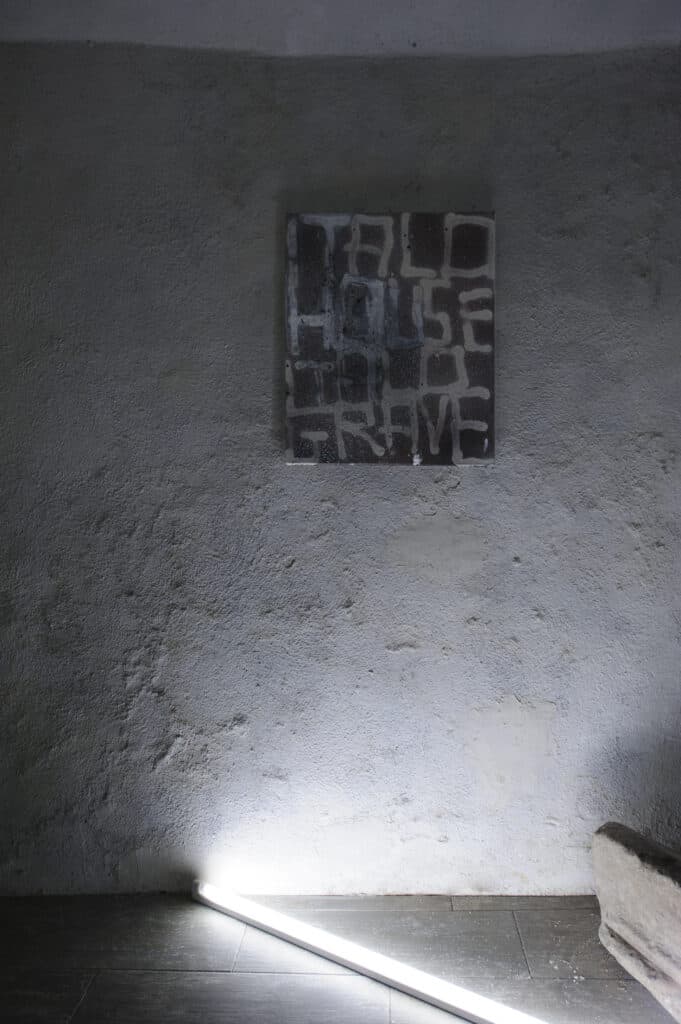
The confrontation with the messages transmitted by the text takes place not only on a linguistic
level, it becomes a physical conflict with the big-sized canvases. Culver’s dirty, instinctual gesture
is the true communicator and the signifier itself becomes the meaning. David Hanes concentrates his work on the deepest iconography humans have developed through history to represent their relationship with fate.
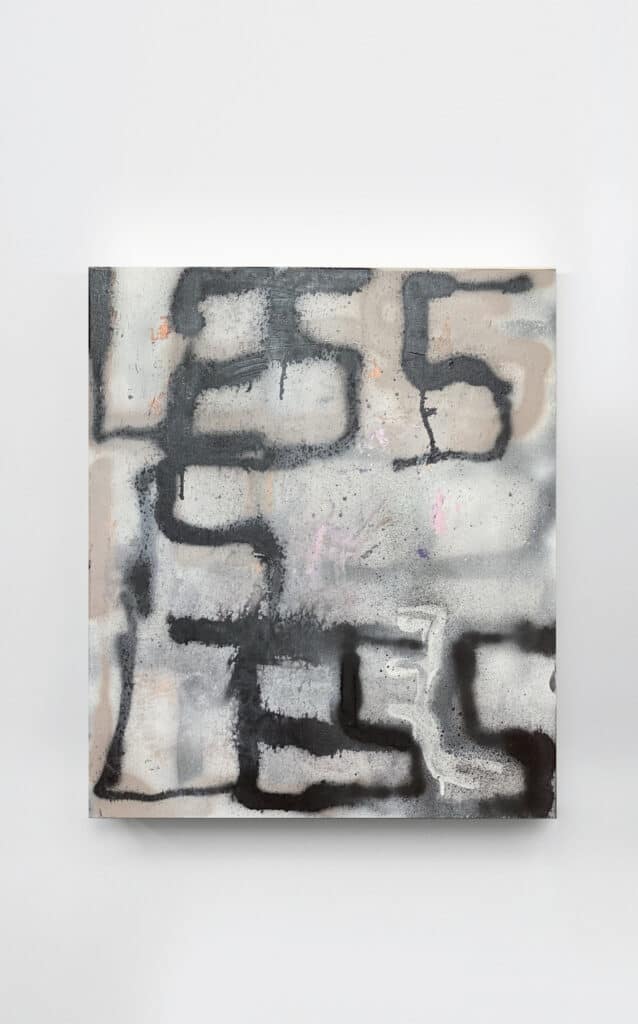
Transversal icons, archetypal in their simplicity: childlike, immediate figures often taken from tarot cards and archaic symbols forming a hieroglyphic system. This new basic form of uber-communication relies on bright colours and primary lines. Familiar images and symbols from David Hanes’s paintings melt with the textual nature of Richie Culver’s works creating a new Rosetta stone about destiny.
Fate & Fortune
Richie Culver + David Hanes at Whitenoise gallery
